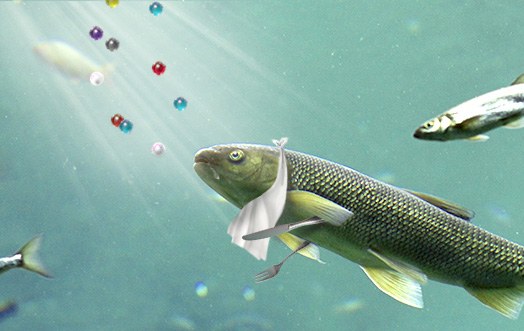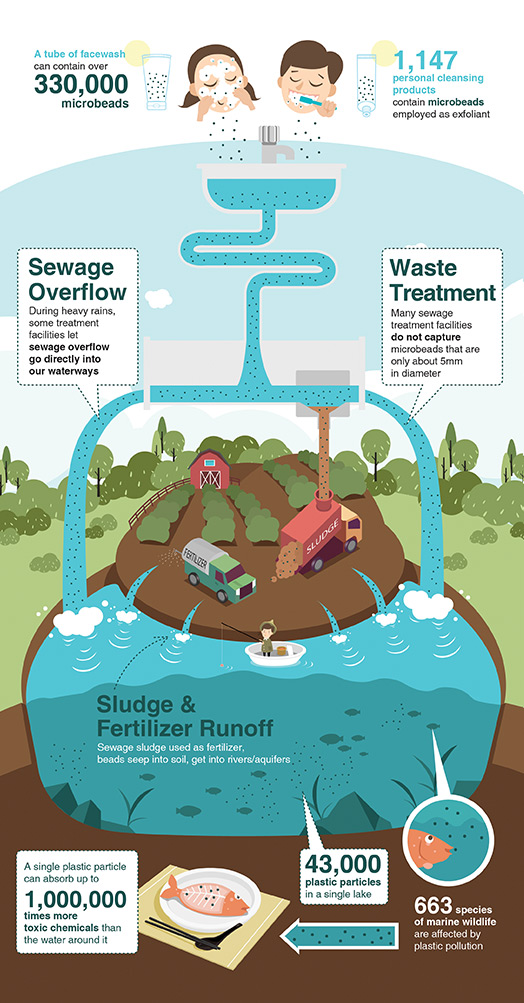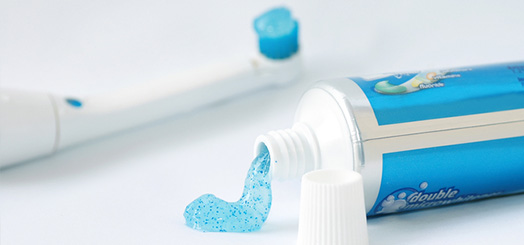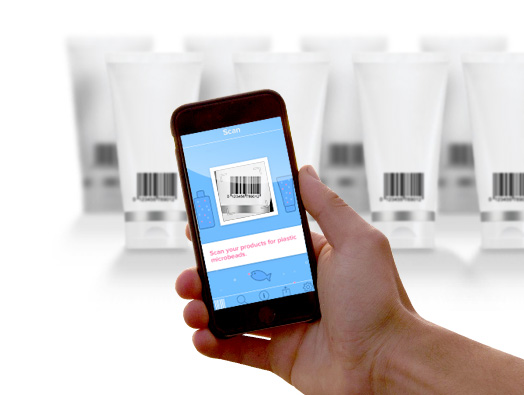Tiny Plastic Time Bombs: How Your Face Scrub is Killing the Ocean
Young fish that are exposed to high concentrations of plastic microbeads favour the particles over natural food, a study published in Science reported. This phenomenon is similar to the way people are drawn to junk food, such as chips and donuts. ‘This is the first time an animal has been found to preferentially feed on plastic particles and is cause for concern,’ says Prof. Peter Eklöv, co-author of the study.


What are Microbeads?
Plastic wastes, after hydrolysis and weathering, would gradually be reduced to small particles. Microbeads refer to plastic wastes and fibre that are less than 5 mm in diameter. A study by Greenpeace states that the weight of all microbeads being washed to the sea in Hong Kong every year amounts to around 111 double-decker buses.
Cosmetic and personal care products, ranging from face scrub, lipstick, to toothpaste, are some of the major sources of these minute plastic particles. Microbeads found in personal care products could be as tiny as 1 micrometre, which allow them to easily pass through filters in sewage treatment plants once they are washed down the drain. Particles could also enter the waterway during overflow of sewage treatment facilities in times of heavy rain, or as sewage sludge that serves as fertilizer on farmlands.
The Butterfly Effect
Greenpeace warns that a single plastic fragment could absorb up to a million times more toxic pollutants, such as flame-retardants and dioxin, than water. Microbeads could harm and even kill marine species and sea birds by blocking their oesophaguses or digestive systems, leading to malnutrition and even death. Large plastic wastes could also drown or strangle them through entanglement. According to the same study published in Science, juvenile fish living in high concentrations of microbeads are found to be significantly smaller, slower, and more prone to predator risk due to weaker responses to threat cues, hence greater mortality rate compared to those in clean waters.
Plastic pollution not only affects the development and behavioural patterns of marine animals, it also causes irreparable damage to the ecosystem. As toxic pollutants in plastic wastes accumulate inside the body of marine species and enter the food chain, we humans would bear the consequences in the end.
Global Concern
Many countries have started to restrict the use of microbeads in cosmetic and personal care products. The US has passed the Microbead-Free Waters Act of 2015 to ban the manufacturing of rinse-off cosmetics that contain plastic microbeads by 2018. Canada has proposed adding microbeads as a toxic substance as defined under the Canadian Environmental Protection Act, 1999. European countries such as the Netherlands, Austria and Sweden have also issued a joint call to protect the environment and reduce or ban the use of microbeads in personal care products.
Multinational companies such as Unilever, Colgate-Palmolive Company and Procter & Gamble have also made public statements to ban plastic microbeads and replace them with biodegradable ingredients.
In CUHK, the student organization CU x Rubbish has recently collaborated with Greenpeace on a mission to collect leftover cosmetic products from students during hostel checkout time. The resources collected are used for analysing the amount of microbeads in these products, in the hope of raising public awareness on this issue.


Starting from You and Me
Downloading the ‘Beat the Microbead’ smartphone app would be a great start towards reducing plastic pollution. By scanning the product’s barcode with the smartphone, the app will show whether a personal care product contains harmful plastic particles through colour coding. In this case, consumers could have a more comprehensive and clearer understanding of a product before making an informed choice. Consumers could also check the presence of microbeads of a product by examining whether the ingredient list consists of components such as polyethylene (PE), polypropylene (PP), nylon, etc.
Other items we encounter on a daily basis such as grocery bags and polyvinyl chloride (PVC) bottles are also agents of plastic pollution. By adopting an eco-friendly lifestyle and consumption habit, for example, by bringing our own shopping bags and switching to biodegradable products, each of us could put a stop to further plastic pollution and contribute to a cleaner and healthier marine environment.


